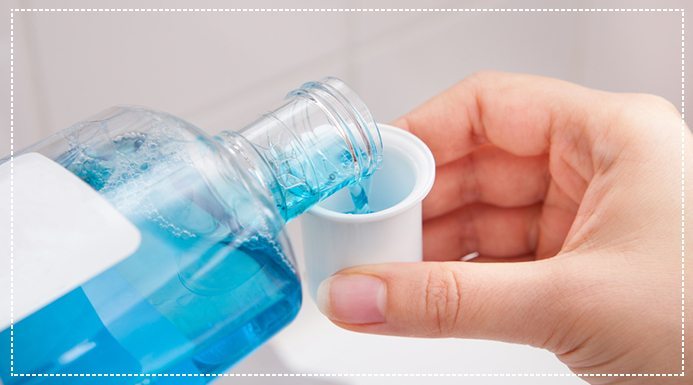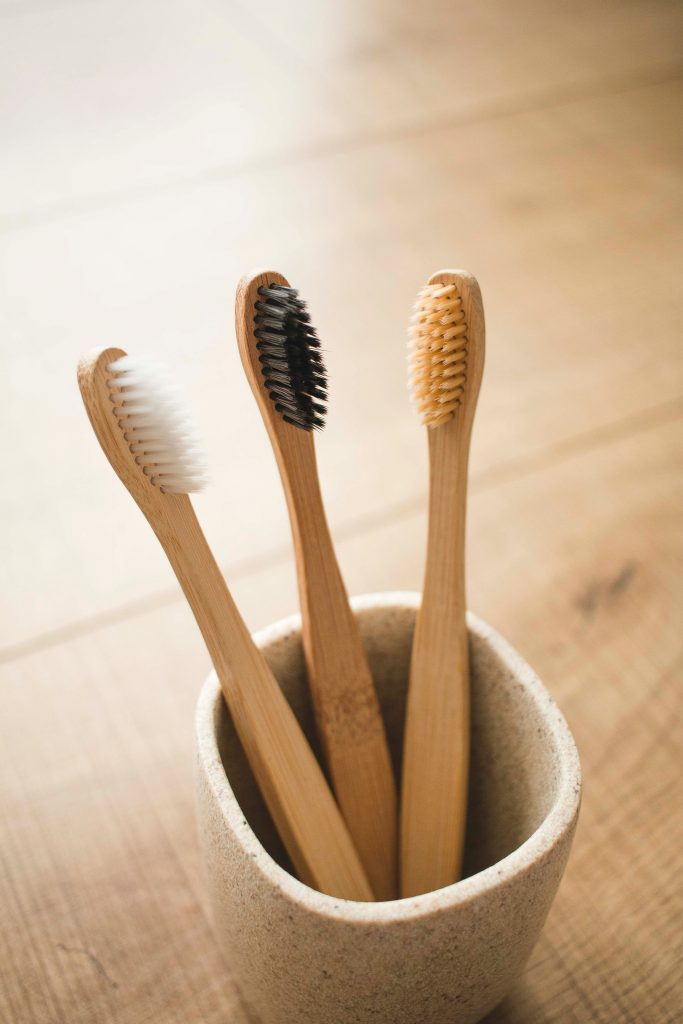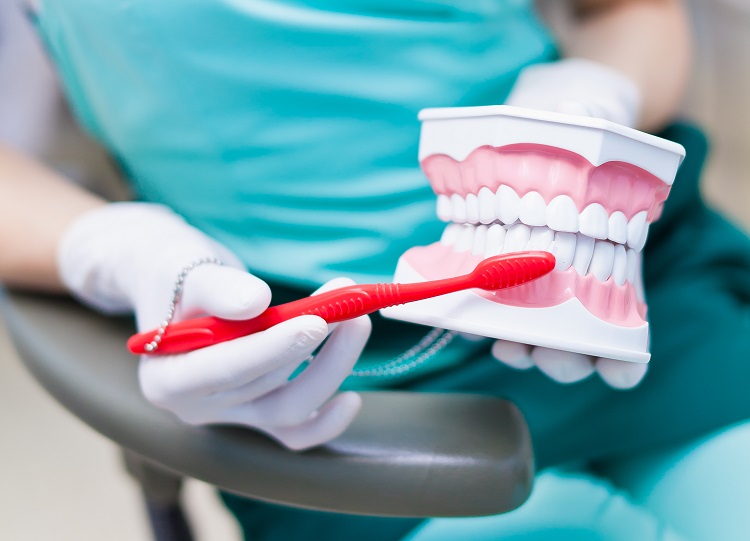In order to have good dental health, besides brushing, flossing and mouth rinsing are also important. Mouth washes could control proliferation of bacteria and prevent plaque formation. There are lots of mouthwashes in the market, which is the best and safest to choose from?
Mouthwashes are just liquid oral cleaners. They have different usage as they have different content. Most mouthwashes contain water, alcohol, essence, licorice agents, antiseptics, astringents, emulsifiers and therapeutic agent. Its main purposes are to prevent tooth decay, reduce plaque formation, treat gum problems, remineralise damaged teeth and control bacterial growth in the mouth.
Function of mouthwashes
Chlorhexidine- a special therapeutic mouthwash for gum diseases, its functions include:
1) It can kill Gram-positive and negative cocci, rod virus, hair-like bacteria, and spirochetes effectively.
2) It is not too strong, non irritating and has good mucosal affinity. Thus, most users could accept it easily.
3) It’s positive charge so it also acts as an oral cleanser that gives a soothing effect after use. It also prevent plaque,calculus formation, effective towards dental decay and gum problems.
4) But it would cause staining after prolonged use. It’s important to go for scaling and polishing to remove the stains on teeth.
Caveat on mouthwashes usage
1) Preferably recommended by dentist.
2) Please check the direction of usage, understand the content, effect, adverse effect, ways to use it and do not use expired products.
3) It is usually prescribed 1-2 times daily depending on the condition of the user. Each time 20ml being rinsed and push to all surfaces of your teeth for 30 seconds. Do not eat or drink within 30 minutes post rinsing.
4) Keep it out of children’s reach and children normally do not need mouthwash.
5) Dentist may prescribe mouthwash to those who are not able to clean their mouth properly or in need of a good oral condition to promote healing. For instance, post oral surgery, gum therapy, hand injury, Down Syndrome, limited mouth opening post accident and handicapped.
Mouthwash could not replace brushing and flossing
Some mouthwashes contain high level of alcohol that would irritate oral mucosa. Prolonged use would cause cytopathic cells, mucosal ulceration, tongue taste buds’ damage, altered taste and teeth staining.
If you accidentally swallow it, your digestive system would be irritated. Do not have the perception that mouthwash is everything to dental health. It could never replace good brushing and flossing. It is merely a chemical cleanser and auxiliary to good dental health.








